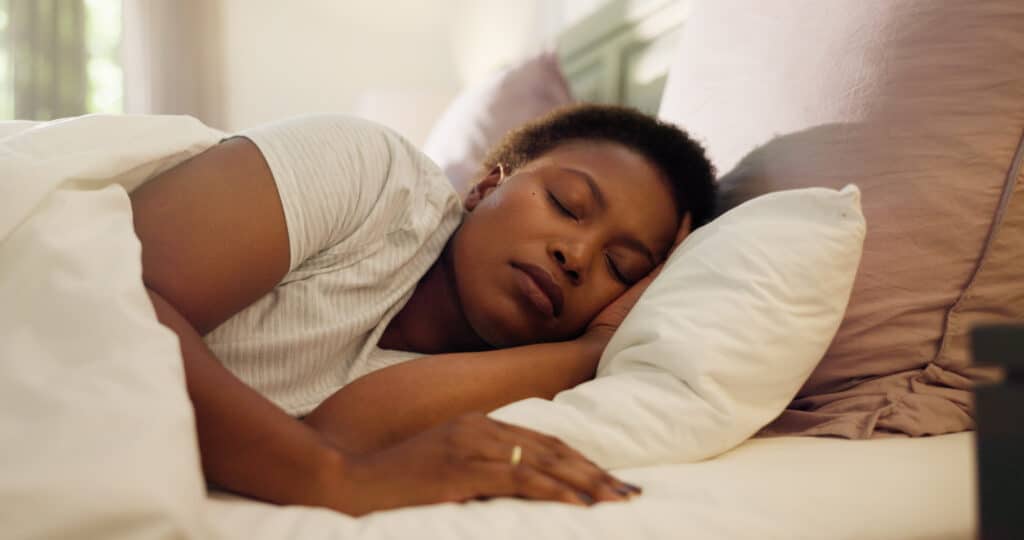Mental health has been a hot topic in recent years. Celebrities, athletes, and influencers have opened up about struggles with anxiety attacks and PTSD.
And yet for those who aren’t rich and famous, the fear of being judged for a mental health condition is as real as ever. Fear and shame can create a vicious cycle. When mental health struggles are hidden, others who are suffering feel like they’re alone.
Reality check: People with mental health conditions aren’t alone. In fact, they are some of the most common health conditions in the U.S.
Mental health by the numbers
In any given year:
- 1 in 5 Americans deal with mental illness
- 12 million adults are affected by PTSD
- 11% of Americans have a panic attack
Yet false beliefs about mental health can have a big impact. Stigma can lead people to avoid seeking treatment. They may not believe it will help, or they may feel ashamed.
It doesn’t have to be this way. With treatment, between 70 and 90% of people have fewer symptoms and a better quality of life.
How to stand up against stigma
Every one of us can help to stop mental health stigma. Regardless of personal experience with mental illness, it starts with remembering some basic facts:
- Mental health is as important as physical health.
- Mental health conditions are not personality flaws.
- Treatment works and should be available for those who need it.
- Everyone deserves respect and empathy. Everyone.
Could you or someone you care about benefit from treatment for panic attacks or PTSD symptoms? Freespira is a 28-day, medication-free treatment you can use right at home. It’s covered by some health plans. Take our free online symptom assessment to see if you qualify.



